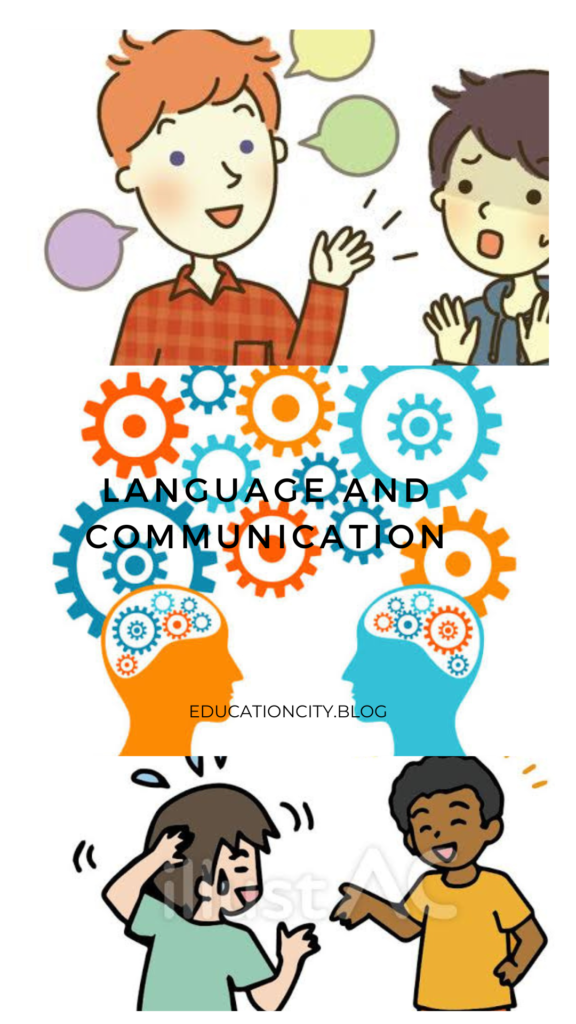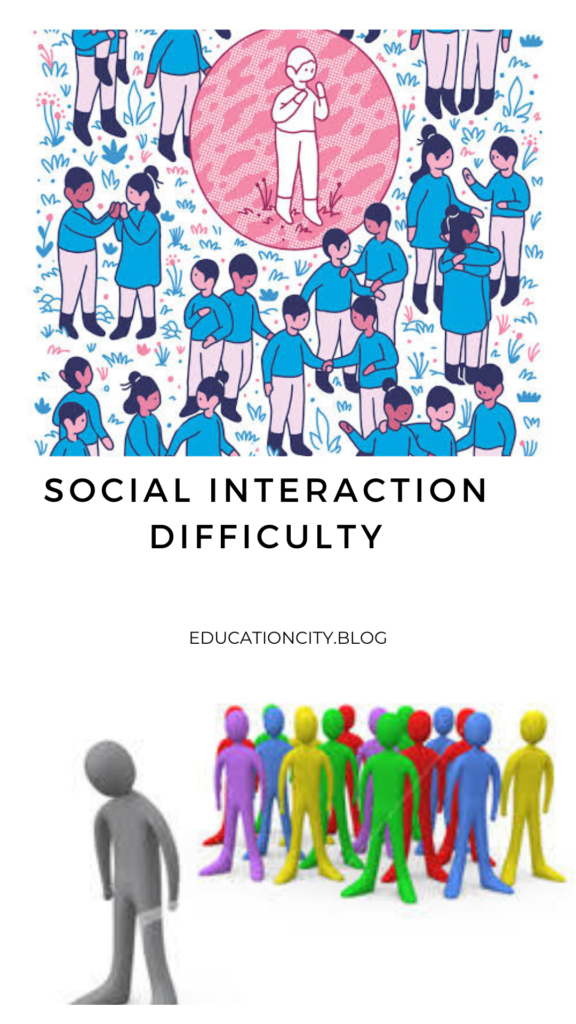Autism and Learning Difficulties
Autism and learning disabilities are complex and multifaceted conditions that affect the lives of many people worldwide. These conditions manifest in different ways, affecting the cognitive, social and emotional aspects of a person’s development. Autism spectrum disorders encompass a broad range of neurodevelopmental conditions characterized by challenges in social interaction, communication, and repetitive behaviors. Learning difficulties, on the other hand, involve challenges that hinder a person’s ability to acquire knowledge and apply it effectively. Both conditions pose unique barriers for those affected, often requiring tailored approaches to education and support. In this exploration, we examine the complexities and learning difficulties of ASD, their characteristics, causes, and strategies used to enhance the quality of life of individuals coping with these challenges.
Language and Communication Challenges
Language and communication challenges are common aspects of human interaction occurring in different forms and contexts. From diversity of language barrier to difficulties in non verbal communication,they suffer with these problems in daily life.Additionally, cultural differences, advance technology and increase in use of digital communication created new layers of complexity to the way of communication and interpretation of words which reduced effective communication and empathy creating bridges between individuals. Effective communication necessitates empathy, active listening, and adaptability to bridge these gaps and foster mutual understanding, making it a continuous and essential pursuit in our interconnected world.

Executive Functioning Difficulties
Executive functioning difficulties refer to challenges in cognitive processes that enable individuals to plan, organize, initiate tasks, set goals, manage time, and regulate emotions. These difficulties can affect a person’s ability to prioritize tasks, stay organized, and effectively complete daily responsibilities. Executive functioning plays an important role in many aspects of life, including academic and occupational success, interpersonal relationships, and personal well-being. Strategies such as breaking tasks down into smaller steps, using visual aids, and developing time management skills can help individuals with executive functioning difficulties manage their daily lives more effectively. can run
Sensory Processing Disorders
Sensory processing disorders (SPD) are conditions where the brain has difficulty processing and responding to sensory information from the environment. This can manifest in different ways, with individuals being either hypersensitive (hypersensitive) or desensitized to sensory stimuli such as touch, sound, taste or smell. SPD can affect people of all ages and can cause difficulties with daily functioning, social interactions, and emotional regulation. Occupational therapy and sensory integration techniques are often used to help individuals with SPD develop adaptive and coping strategies to better manage their sensory experiences and improve their quality of life.
Difficulty with Social Interactions
Difficulty with social interactions, often referred to as social communication challenges, can encompass a variety of issues that hinder effective interpersonal relationships. Individuals with such challenges may struggle to understand social cues, communicate nonverbally, maintain eye contact, take turns in conversation, or accurately interpret the emotions and intentions of others. These difficulties can lead to feelings of isolation, anxiety and despair. Conditions such as autism spectrum disorder and social anxiety disorder often involve difficulties with social interaction. Supportive therapies, social skills training, and personalized strategies can significantly help individuals overcome these challenges, develop better social connections, and increase overall well-being.

Conclusion:
autism spectrum disorder (ASD) and learning difficulties are complex conditions that can significantly affect an individual’s cognitive and social development. Although they present distinct challenges, there is often an overlap in the symptoms and the way they affect the ability to learn and navigate the world. Early intervention, tailored educational approaches, and therapeutic interventions are essential to address these challenges and help individuals with ASD and learning difficulties reach their full potential.
It is important to recognize that individuals with these conditions have unique strengths and abilities that should be celebrated and nurtured along with efforts to meet their specific needs. Through understanding, acceptance, and dedicated support systems, we can create inclusive environments that empower individuals with ASD and learning disabilities to thrive and live fulfilling lives.
Read more Autism and learning difficulties ;A comprehensive guide(part 1)

Pingback: Action behavior centres | Comprehensive note on ABA therapy for autism(part 1) - Education City